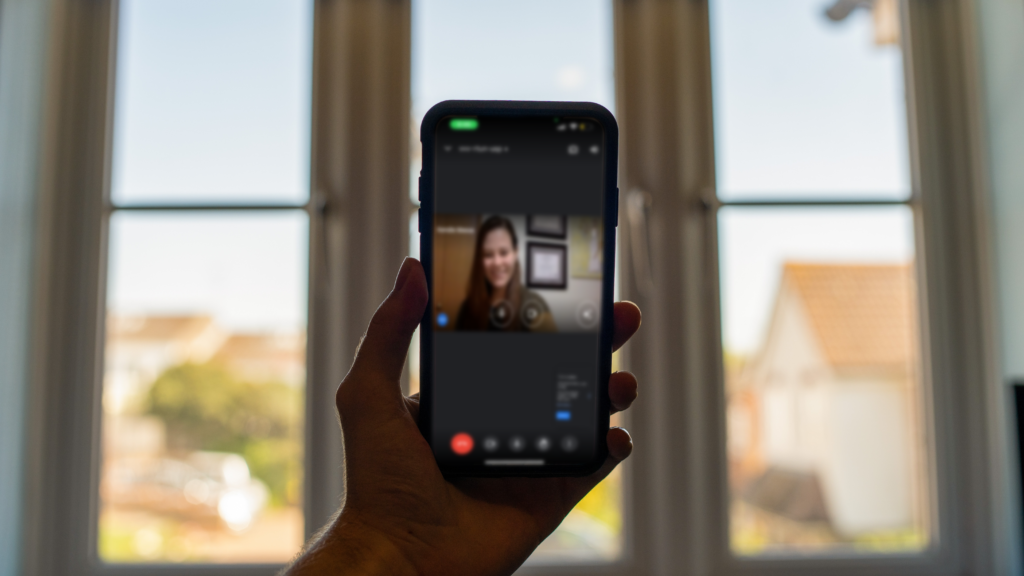


Telehealth Services
Telehealth includes the practice of diagnosis, treatment, education, goal setting, accountability, referral to resources, problem solving, skills training, and help with decision making through the use of internet-based videoconferencing or phone calls. Telehealth psychotherapy may include psychological health care delivery, consultation, coaching, and/or counseling. Telehealth psychotherapy will occur primarily through interactive audio, video, and telephone communications.
Benefits of Telehealth
- Less limitations by geographical location.
- Reduction of travel to a physical office, which includes decrease in travel time.
- Participation in therapy from your own home or the environment of your choosing.
- Telemental health delivery by your therapist may occur with residents of the states in which they are licensed. At this time, therapists at KNM Counseling are only licensed in the state of Ohio. The current laws that protect privacy and confidentiality also apply to telemental health. Any exceptions to confidentiality are described in the Informed Consent document.
Risks of telehealth
- Technological failure, such as unclear video, loss of sound, poor connection, or loss of connection.
- Nonverbal cues are less readily available to both the therapist and the client.
- Audio Difficulties
Expectations of Client During Each Session
- Minimum bandwidth connection of 384 kb or higher.*
- Minimum resolution of 640×360 at 30 frames per second.*
- Operational web camera (HD 1080p is recommended).*
- Proper lighting and seating to ensure a clear image of each party’s face.
- Dress and environment appropriate to an in-office visit.
- Only agreed upon participants will be present. The presence of any individuals unapproved by both parties and not part of the treatment plan will be cause for termination of the session.
- The client must disclose the physical address of their location at the start of the session. Unknown locations will be cause for termination of the session. This is to ensure we are “meeting” at a place that will protect your confidentiality (no coffee shops, grocery stores, etc.). We may not meet while you are driving.
- The client shall also provide a phone number where they can be reached in the event of service disruption.
*Generally your phone will be sufficient.
Response to Technical Difficulties
Should technical difficulties cause session disruption the therapist will contact the client via preferred telephone contact. If the technical difficulties can be resolved quickly, the session will resume and the client will not experience a shortened session length. If the technical issues cannot be resolved in a timely manner, the session will be rescheduled for a time when functionality is restored. The client will be contacted by telephone to develop a plan for continuation of the session.
Payment
Session costs are outlined in the Informed Consent. See the Informed Consent for a more detailed discussion of session cost and payment. There is no cost reduction for telehealth services.
Contact Between Sessions
Video conference technology is reserved for therapy sessions only. Please refer to the Informed Consent document for cost of contact outside of scheduled video conference sessions.
Miscellaneous Items
- All existing laws regarding client access to mental health information and copies of mental health records apply.
- No permanent video or voice recordings are kept from telehealth sessions. Clients may not record or store video conference sessions or face-to-face sessions.
- Telehealth may not be the most effective form of treatment for certain individuals or presenting problems. Arrangements to meet via telehealth must be made in advance.
- We reserve the right to reject requests to meet via telehealth if we do not think the situation is appropriate or if we are unable to organize the technology in time to meet client requests.







